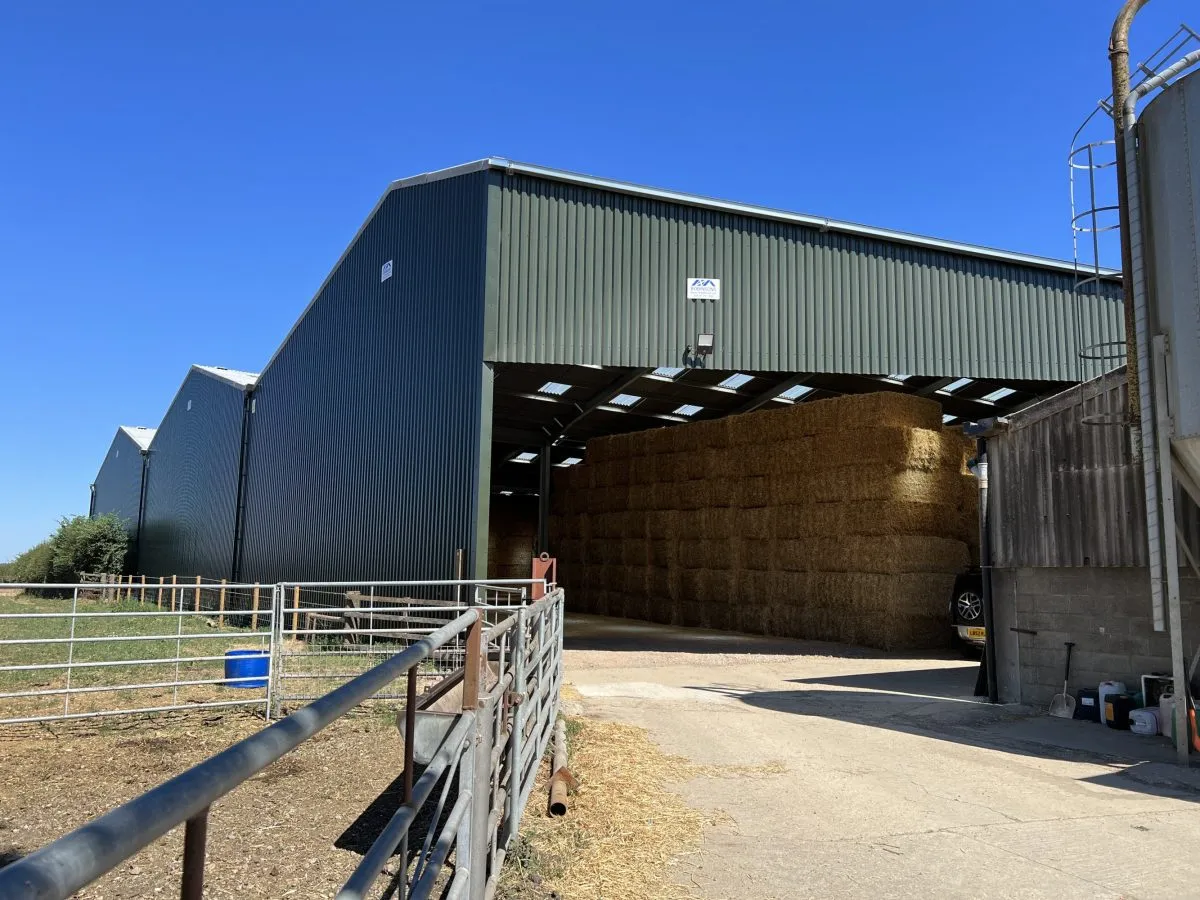- Afrikaans
- Albanian
- Amharic
- Arabic
- Armenian
- Azerbaijani
- Basque
- Belarusian
- Bengali
- Bosnian
- Bulgarian
- Catalan
- Cebuano
- Corsican
- Croatian
- Czech
- Danish
- Dutch
- English
- Esperanto
- Estonian
- Finnish
- French
- Frisian
- Galician
- Georgian
- German
- Greek
- Gujarati
- Haitian Creole
- hausa
- hawaiian
- Hebrew
- Hindi
- Miao
- Hungarian
- Icelandic
- igbo
- Indonesian
- irish
- Italian
- Japanese
- Javanese
- Kannada
- kazakh
- Khmer
- Rwandese
- Korean
- Kurdish
- Kyrgyz
- Lao
- Latin
- Latvian
- Lithuanian
- Luxembourgish
- Macedonian
- Malgashi
- Malay
- Malayalam
- Maltese
- Maori
- Marathi
- Mongolian
- Myanmar
- Nepali
- Norwegian
- Norwegian
- Occitan
- Pashto
- Persian
- Polish
- Portuguese
- Punjabi
- Romanian
- Russian
- Samoan
- Scottish Gaelic
- Serbian
- Sesotho
- Shona
- Sindhi
- Sinhala
- Slovak
- Slovenian
- Somali
- Spanish
- Sundanese
- Swahili
- Swedish
- Tagalog
- Tajik
- Tamil
- Tatar
- Telugu
- Thai
- Turkish
- Turkmen
- Ukrainian
- Urdu
- Uighur
- Uzbek
- Vietnamese
- Welsh
- Bantu
- Yiddish
- Yoruba
- Zulu
Nov . 22, 2024 19:38 Back to list
The Rise of Steel Construction in Residential Homes
In recent years, the construction industry has witnessed a significant shift towards innovative building materials, with steel emerging as a popular choice for residential homes. Traditionally, timber and brick have dominated the residential sector, but the advantages of steel construction are becoming increasingly apparent. This article explores the benefits, challenges, and future potential of steel construction in residential housing.
Advantages of Steel Construction
One of the primary benefits of using steel in residential construction is its durability. Steel is resistant to many common issues that affect wooden structures, such as termites, rot, and extreme weather conditions. As climate change leads to more severe weather events, the robustness of steel construction can provide homeowners with peace of mind regarding the longevity and safety of their homes.
Another significant advantage is the speed of construction. Steel components can be prefabricated in factories, allowing for rapid assembly on-site. This efficiency not only reduces construction time but also minimizes labor costs. With the housing market facing increasing demand and shortages, accelerated construction processes can help alleviate some of the pressures.
Moreover, steel is an eco-friendly material. It is fully recyclable, and its production involves less energy compared to other materials like concrete. As the world becomes more focused on sustainability, homebuyers are becoming increasingly interested in environmentally friendly building practices. Using steel can significantly reduce the carbon footprint of a residential home, appealing to eco-conscious consumers.
Design Flexibility and Space Efficiency
Steel construction also offers remarkable design flexibility. Architects can push the boundaries of traditional design, creating open floor plans and expansive spaces that are often difficult to achieve with wood framing. The strength-to-weight ratio of steel allows for larger spans and fewer support beams, providing homeowners with versatile living spaces. This flexibility can be particularly beneficial in urban areas, where maximizing available square footage is a primary concern.
steel construction residential homes

Additionally, steel's adaptability means that homes can be easily expanded or modified in the future
. Homeowners can remodel or add new rooms without significant structural concerns, further increasing the lifespan of the property.Challenges of Steel Construction
Despite its advantages, steel construction is not without its challenges. One major hurdle is the initial cost, which can be higher than traditional building materials. While the long-term benefits and durability may offset initial expenses, budget-conscious homeowners might hesitate to choose steel over more conventional options.
Another challenge is the thermal conductivity of steel. While it is an excellent structural material, steel can conduct heat and cold, leading to potential energy inefficiencies. This issue can be mitigated through proper insulation and design; however, it does require additional planning and investment.
The Future of Steel Construction
As technology continues to advance, the future of steel construction in residential homes appears promising. Innovations in steel manufacturing techniques, such as modular construction and 3D printing, are set to transform the industry. These technologies will likely reduce costs, enhance energy efficiency, and make steel-based homes more accessible to a broader audience.
Furthermore, government policies and incentives aimed at promoting sustainable building practices may encourage more builders and homeowners to consider steel construction. As awareness of climate change grows, the demand for sustainable housing options will likely increase, positioning steel as a viable and attractive material for future residential projects.
In conclusion, steel construction presents numerous advantages for residential homes, from durability and design flexibility to sustainability. While challenges remain, the industry's evolution and growing interest in eco-friendly practices suggest that steel will play a crucial role in shaping the future of residential construction. As we move forward, steel may not only redefine homebuilding but also contribute significantly to a more sustainable living environment.
-
How Do Prefabricated Steel Structures Transform Modern Construction?
NewsJul.14,2025
-
How Do Prefabricated Metal Buildings Redefine Modern Construction?
NewsJul.14,2025
-
How Do Prefab Insulated Metal Buildings and Steel Structures Revolutionize Modern Construction?
NewsJul.14,2025
-
How Do Pre - Engineered Steel Structures Redefine Modern Construction?
NewsJul.14,2025
-
Advancing Modular Construction with Prefabricated Metal Structures
NewsJul.14,2025
-
Advancing Industrial Infrastructure with Prefabricated Steel Solutions
NewsJul.14,2025
Products categories
Our Latest News
We have a professional design team and an excellent production and construction team.












